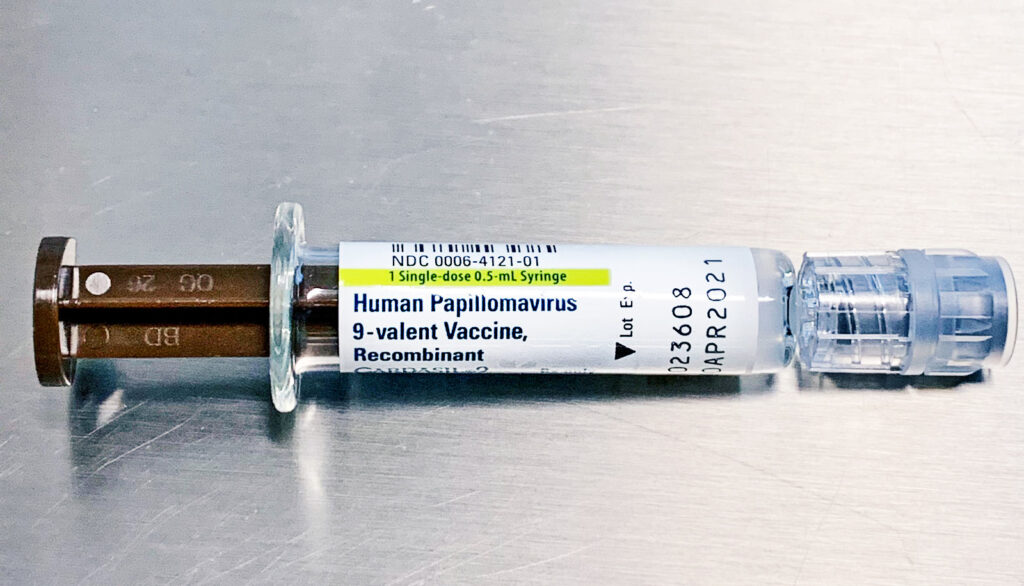There are more than 100 types of Human Papillomavirus(HPV) of which 14 are cancer-causing – (source WHO).
What is Human Papillomavirus(HPV)?
This is a viral infection that can be passed from one person to another through the skin to skin contact. HPV can affect the mouth, genitals and throat. Some types of HPV infection cause warts and some can cause different types of cancer. People who are sexually active are at risk of HPV.
What Are the Symptoms of Human Papillomavirus(HPV)?
In some cases, the HPV infection does not show symptoms because the body immune system defeats the infection before it creates warts.
The symptoms of HPV include;
- Genital warts
- Common warts
- Plantar warts
Who is at risk of Human Papillomavirus(HPV)?
- Men
- Women
- Infants/Children
- People with a weakened immune system
- People who are sexually active
How is Human Papillomavirus(HPV) Diagnosed?
There is no blood test for HPV, the only related test is cervical screening, during this screening a small sample of a cell is taken from the cervix and tested for HPV.
Women aged 25-64 are advised to go for cervical screening to protect against cervical cancer.
What is the treatment for Human Papillomavirus(HPV)?
There’s no treatment for HPV. In most cases, some HPV infections do not cause health problems and are cleared by the body immune system.
Treatment is needed if HPV causes genital warts or changes in the cells in the cervix.
How can Human Papillomavirus(HPV) be prevented?
- The use of condoms protects against HPV but condoms do not cover all the skin around the genitals so you might be at risk of getting HPV
- The HPV vaccine prevents some types of HPV that cause most cases of genital warts and cervical cancer but it does not prevent all types of HPV.

